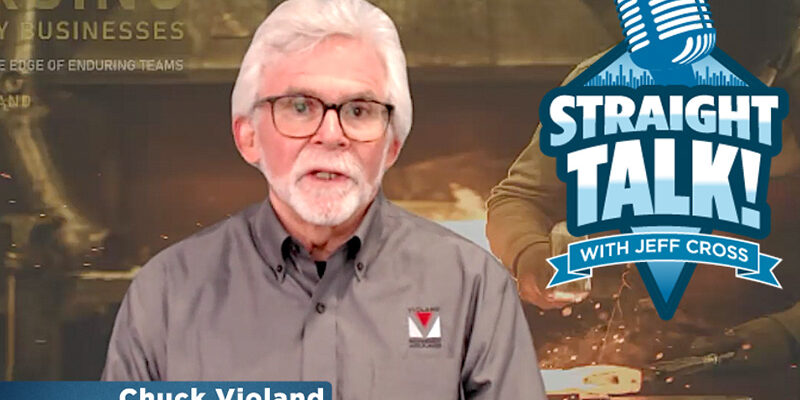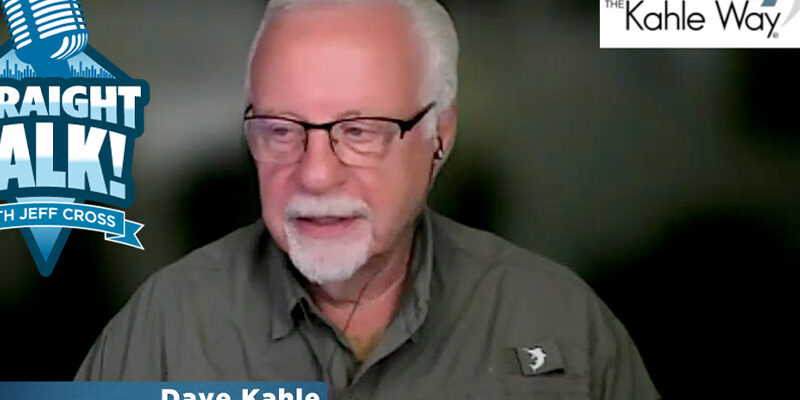How Restoration Brands Can Balance a Mutually Beneficial Relationship With Insurance Companies

This past year, 2023, has seen record-breaking amounts of large-scale natural disasters caused by weather or climate in the United States, with each disaster averaging total losses of over $1 billion. As the state of insurance coverage continues to pose questions for homeowners, with some states increasing prices and others pulling out of states entirely, now more than ever, property owners are unsure what damage recovery will look like when disaster strikes. As a necessary component of the recovery process during water and fire disasters, restoration companies remain at the forefront of damage remediation and, as a result, are impacted by this unexpected movement from insurance partners.
Damage restoration and insurance go hand in hand when providing clients with remediation services—offering them a fresh start in a rapid and efficient way. During times of uncertainty, it’s more important than ever for restoration professionals to prioritize the creation of a mutually beneficial partnership with local insurance companies, adjusters, or agents. The relationships between partners can be viewed negatively or as separate aspects of the process, so maintaining these relationships requires a delicate balance of communication and planning on the restoration brand’s part. Here are a few key factors to consider when doing so:
Solidarity of service expectations and goals
Like any partnership with an outside organization or vendor, it takes time and consistency to establish a relationship that is mutually beneficial to all parties. For restoration brands partnering with insurance adjusters, agents, or other companies, you must first establish the level of service your business is looking to provide and how both sides should organize and flow to support that level of service. Be upfront, clear, and firm on your expectations, and put a plan in place for the technical aspects of working together—from the way files are organized to consistency when documenting damage in photos.
Understanding the insurance partner and clientele is also essential. Outside of knowing what the clients look like, find out the number of claims the insurance company manages yearly and what the goals are with each new client. The insurer’s goals are not yours to own; however, in a partnership role, the restoration team should do whatever possible to help ensure they can meet those goals for the benefit of both the insurance professional and the homeowner. A supportive restoration brand should test this level of service by offering to encourage growth in claim response and customer satisfaction for the adjuster, as well as job response and completion time every few months.
Long-term thinking
In challenging times for business, finding large-scale jobs can easily become a fear for restoration professionals. No one wants to go through periods of slow movement or low-paying jobs, and to some, a $500 to $700 job might not seem worth it at first glance. Through partnering with insurance professionals and outlining a clear scope of work from the start, jobs such as these could be the beginning of setting a restoration business up for success.
One of the biggest benefits for restoration professionals to establishing a positive partnership with insurance professionals is confidence in a steady stream of incoming work. Outside of major disasters, it can be a challenge to generate work, as clients tend to call the insurance companies first when disaster strikes. Building relationships with insurance partners means that once a scope of work is established, they become a new resource for discovering jobs.
It’s important to look at the entire year ahead and visualize the culmination of multiple smaller jobs mixed with larger jobs to determine the value of this long-term investment once a contract is in place. Even looking five years down the road, the payoff from accepting the small jobs along the way and sticking to your contracts will not only strengthen your relationship with the adjuster, but will also set you up for long-term success with a trusted partner and continuous flow of jobs.
Keep positive service experience for homeowners and adjusters at core
Partnering with an insurance company doesn’t mean that your loyalty shifts away from the customer. Shift from thinking “I’m working with the insurance company, not the homeowner,” as this mindset does not work anymore now that you’re working for both the homeowner and the insurance company. If both parties aren’t satisfied, either the contracted restoration professional loses the insurance partner, or the insurance company loses the policyholder—neither of which contributes to a positive experience and mutually beneficial relationship. Providing the same level of experience is critical for both partners involved, and this is an incentive to provide the best service all around to both the homeowner and adjuster.
In times of need, when worried homeowners face questions about insurance rates and coverage for their properties during disaster, there is an increased need for continuity and solidarity in restoration services provided. With increased sensitivity surrounding what will happen if claims are filed, there is a new type of thinking that has led homeowners to question whether they want to file a claim for everything that happens in their home. However, when restoration professionals have a partnership with an insurance company or adjuster, you’ll not only be the first to see the job come through, but have the chance to help in times of increased uncertainty.
While the relationship with insurance partners can take time to form and flow consistently, ensuring clear communication of expectations, accepting even the smallest jobs, and keeping service experience at the center can pay off for a restoration brand and for homeowners. Never forget that you’re working for both the homeowner and the insurance partner, providing invaluable and essential services in times of stress. When done correctly, this creates work that you don’t need to sell as it’s guaranteed to be awarded to you and not to a competing brand. You can then continue doing what you do best and provide the utmost in service for your clients.
Author Idan Shpizear is the founder of 911 Restoration, a restoration franchise brand in the United States and Canada, specializing in both residential and commercial property damage mitigation, with rapid-response services including water damage restoration, mold removal, fire and smoke damage repair, sewage cleanup, board up, and sanitation services. For more information, visit 911restoration.com.












